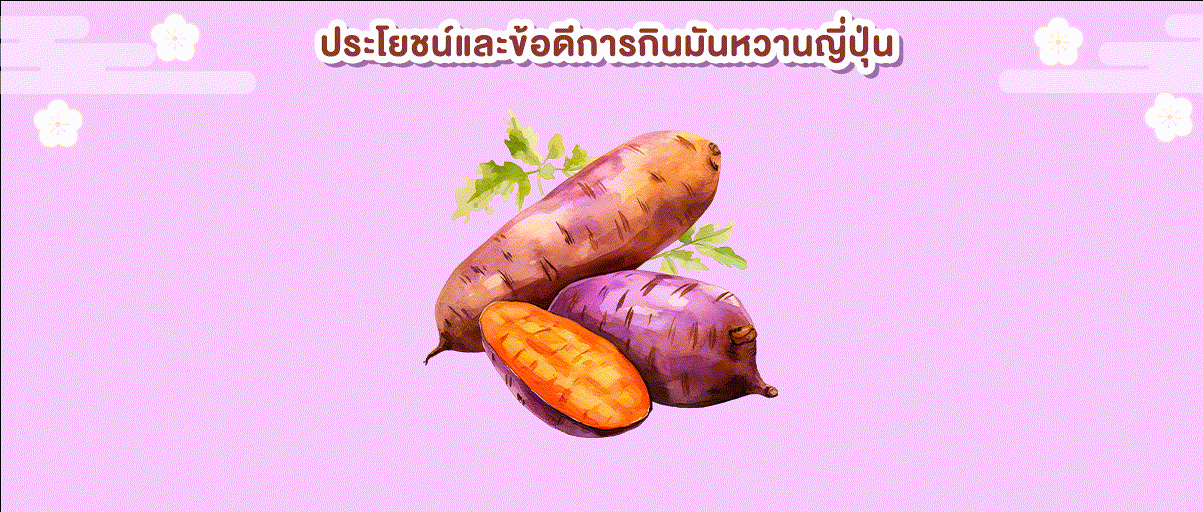

มันหวานญี่ปุ่น หรือที่เรียกว่า Japanese Sweet Potato (Satsumaimo) เป็นมันเทศหลากหลายชนิดที่มีถิ่นกำเนิดในญี่ปุ่น ผิวข้างนอกเป็นสีม่วงชมพูสด ข้างในก็จะมีสีแตกต่างกันออกไป ส่วนใหญ่ที่นิยมกินกันจะมีสี ม่วง, เหลือง และส้ม โดยสีเหลืองมักจะมีเนื้อละเอียดนุ่มนวลและหวานกว่า ส่วนพันธุ์ที่มีผิวสีม่วงและสีส้มนั้น จะขึ้นชื่อในเรื่องของรสชาติที่หอมหวานเป็นพิเศษ และมักใช้ในขนมญี่ปุ่นแบบดั้งเดิม และมันหวานญี่ปุ่น ยังสามารถนำมาประกอบอาหารได้หลายวิธี เช่น อบ ต้ม ย่าง เป็นส่วนผสมที่ได้รับความนิยมในอาหารญี่ปุ่นและมักใช้ในอาหารอย่างเทมปุระ โมจิ และเค้กมันเทศ นอกจากนี้ยังเป็นแหล่งใยอาหาร วิตามิน และแร่ธาติที่ดีอีกด้วย

